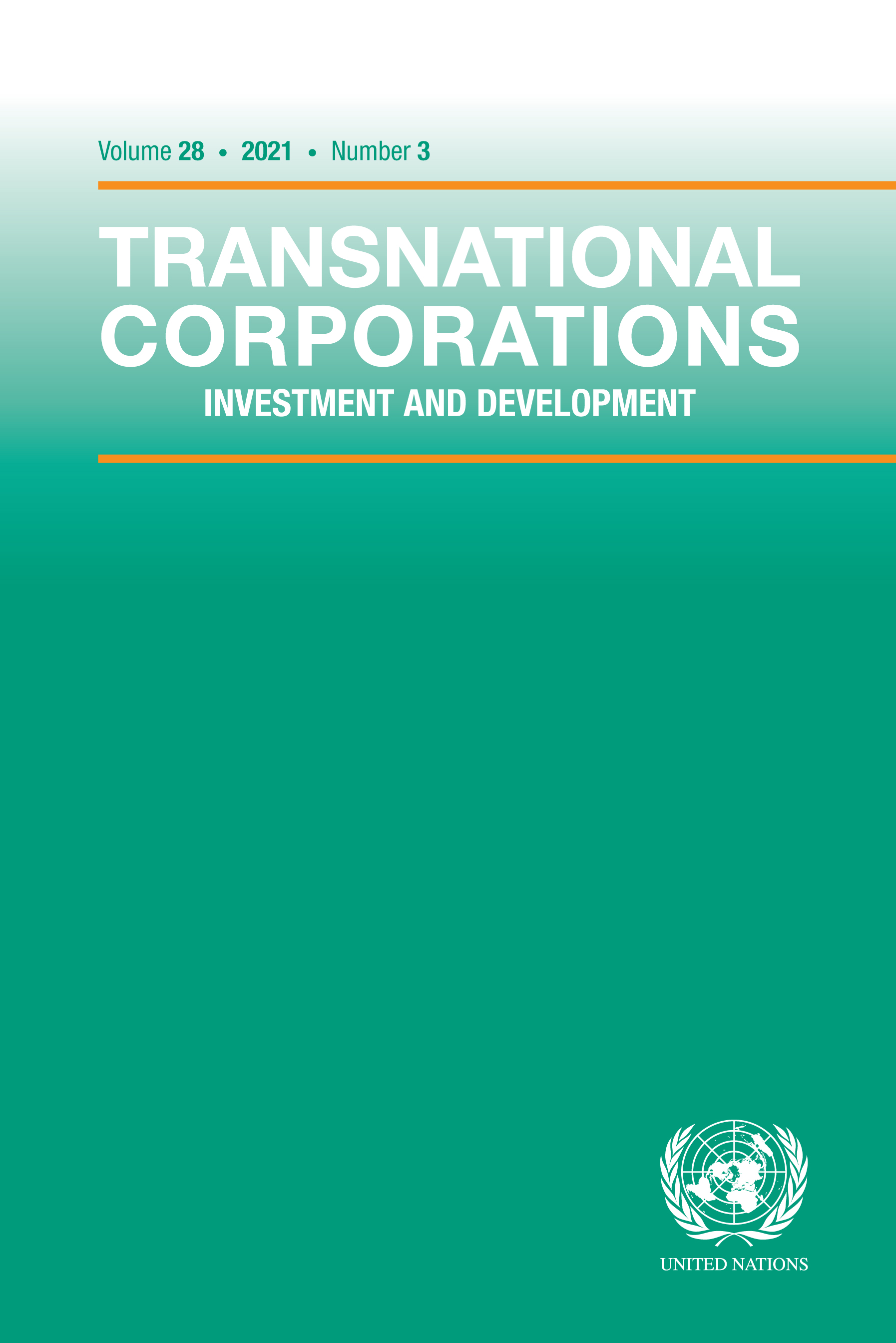-
Green lemons: overcoming adverse selection in the green bond market
- Source: Transnational Corporations, Volume 28, Issue 3, Dec 2021, p. 35 - 63
-
- 22 Dec 2021
Abstract
As the green bond market continues to develop and assume a critical role as a post-pandemic vehicle for supporting a balanced economic rebuild and credible transition efforts, policymakers must reassess the current disclosure regime. This paper derives findings from Bayesian games to demonstrate that the prevailing labelling regime for green bonds is susceptible to the adverse selection problem; due to informational asymmetries, allocative inefficiencies arising from capital misallocation to inherently “non-green” bonds may ensue. To prevent the erosion of confidence in the market segment and support the potential of impact finance instruments to affect positive social and environmental change, this paper draws on established game theory frameworks to inform recommendations for policyled solutions to uphold the market’s credibility. These recommendations concern the integration of a regulatory infrastructure, a centralized ongoing audit under an “exogenously costly” regime and the introduction of a clearer course for legal recourse against issuers that mislabel bonds.





